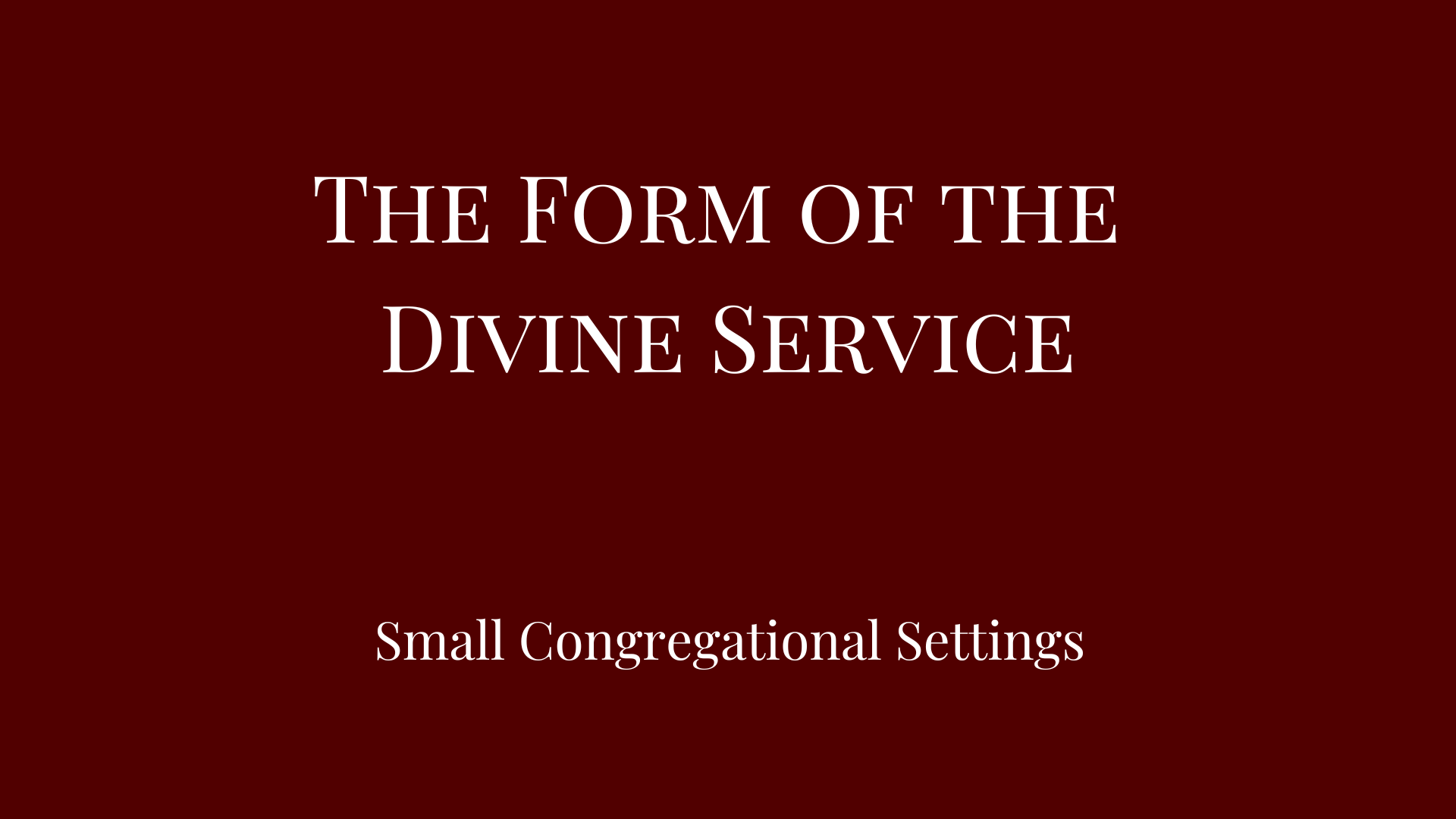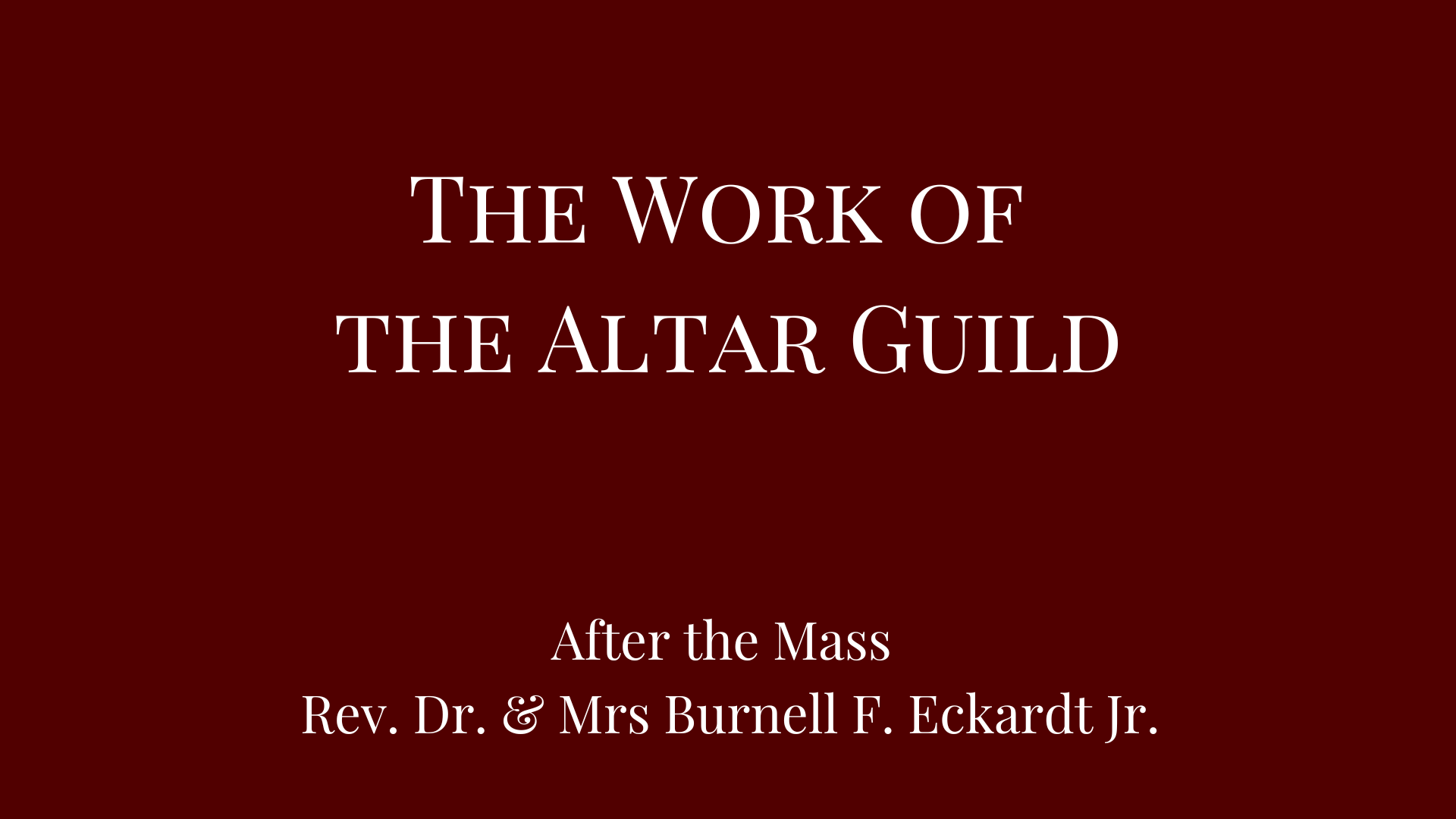In This Issue
The Results are In: Evangelical Style and Lutheran Substance are Not Compatible – Burnell F. Eckardt Jr.
The Strength of Youth and Wise Gray Heads: What the LCMS Needs Right Now – David H. Petersen
Why Rubrics? (Continued) – Mark P. Braden
The Three Estates: Let’s Try to Unravel a Knot – John R. Stephenson
The Perfect Family? – Karl F. Fabrizius
Plus Vesting Prayers and the 2026 Liturgical Calendar





Maybe I owe everyone an apology.